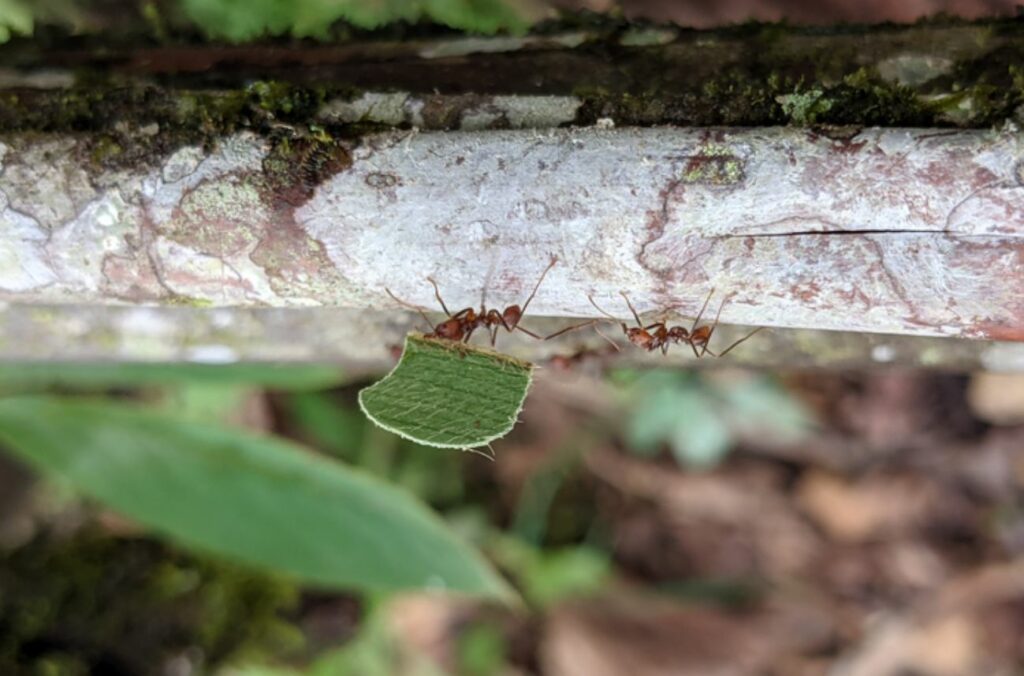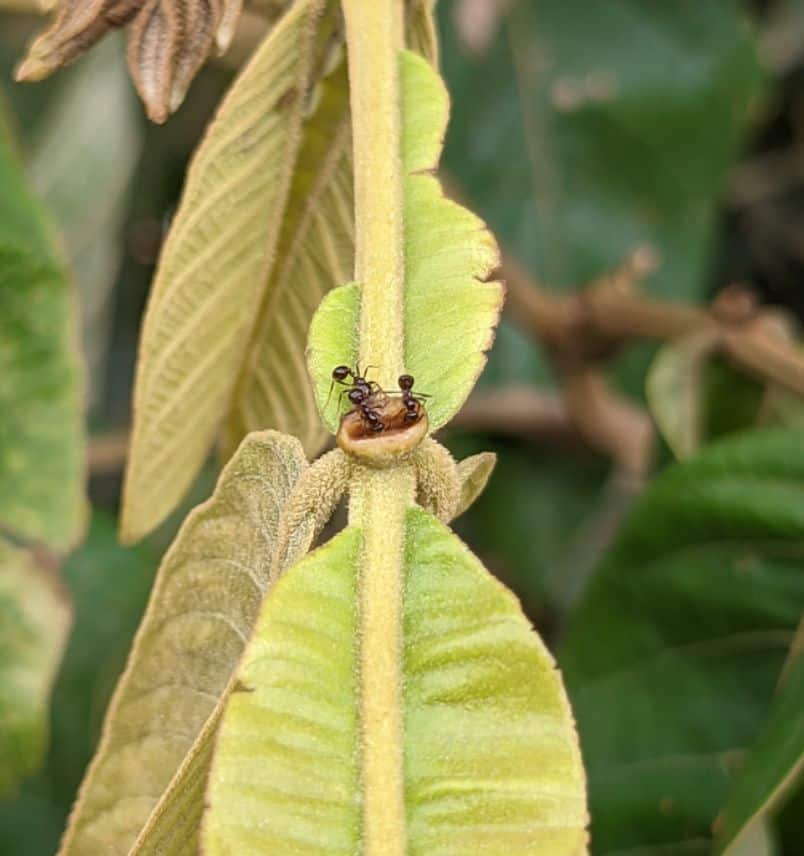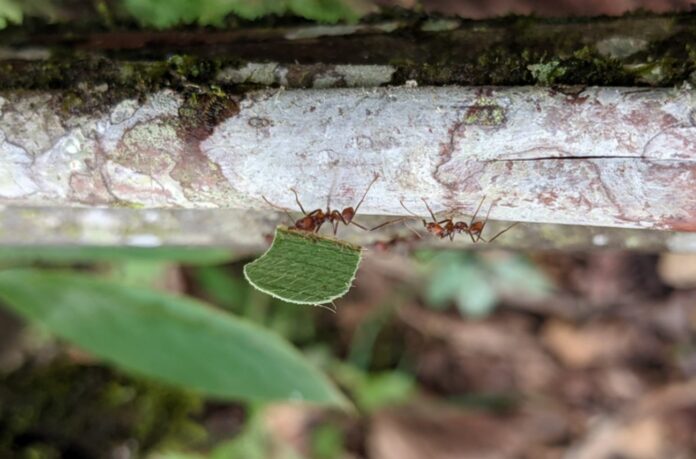Ants can be found almost everywhere on Earth, with over 14,000 distinct species distributed across all continents except Antarctica. It’s been estimated that the number of individual ants inhabiting our planet is over four quadrillion, which amounts to a staggering 4,000,000,000,000,000.
Despite this remarkable dominance, the process by which ants rose to become such a ubiquitous presence remains a puzzle.
Ants Followed Flowering Plants Out of Prehistoric Forests to Conquer the World
A recent research published in Evolution Letters employed a blend of fossil records, DNA analysis, and information on the ecological tendencies of contemporary species to reconstruct the coevolution of ants and plants spanning the last 60 million years.
The investigation revealed that as flowering plants began to colonize beyond the confines of forests, ants were quick to follow suit, initiating the evolution of the numerous ant species existing today.
“When you look around the world today,” adds lead author Mathew Nelsen, “you can see ants on nearly every continent occupying all these different habitats, and even different dimensions of those habitats– some ants live underground, some live in the canopies of trees.
“We’re trying to understand how they were able to diversify from a single common ancestor to occupy all these different spaces.”
How Ants Took Over The World By Following Flowering Plants
Around 140 million years ago, both ants and flowering plants (angiosperms) emerged and subsequently proliferated, expanding into new environments. While this connection was already known, Nelsen and his colleagues (Corrie Moreau from Cornell University, Kevin Boyce from Stanford University, and Richard Ree from the Field Museum) aimed to uncover evidence linking the evolutionary trajectories of these two groups.
To establish this link, the researchers analyzed the habitats of 1,400 contemporary ant species, incorporating data such as temperature and precipitation. They combined this information with a timeline of the ant family tree, constructed using genetic data and ant fossils encased in amber.

Many ant behaviors, such as nesting locations and preferred habitats, are deeply embedded in their species’ lineages, to the point where scientists can make educated guesses about the lifestyles of prehistoric ants based on their modern-day relatives. By pairing this data with similar information about plants, the researchers were able to gain a clearer understanding of the world of early ants.
Around 60 million years ago, ants were primarily inhabitants of forests, constructing their nests underground. However, during this period, certain plants within these forests evolved to release greater amounts of water vapor through minuscule openings in their leaves, leading to increased humidity and a more rainforest-like environment.
As a result of this transformation, some ant species began migrating their nests from underground to the trees.
This shift to arboreal habitats was not unique to ants, as other creatures such as frogs, snakes, and epiphytic plants (akin to contemporary bromeliads and air plants) also began to inhabit trees, paving the way for the emergence of novel arboreal communities.

As some of the flowering plants within these forests began to expand and occupy drier regions, they adapted to thrive in less humid conditions. Nelsen and his team’s research indicates that some ants followed these plants as they departed from the forests. The plants may have offered an enticement in the form of nourishment.
Nelsen explains, “other scientists have shown that plants in these arid habitats were evolving ways of making food for ants— including things like elaiosomes, which are like fleshy appendages on the seeds.”
When ants retrieve these elaiosomes, they aid in their dispersal, resulting in a favorable outcome for the parent plants.
According to the researchers, highlighting how plants influenced the development and dispersion of ants is particularly significant given the current climate and biodiversity challenges.
Nelson adds: “This study shows the important role that plants play in shaping ecosystems.
“Shifts in plant communities— such as those we are seeing as a consequence of historic and modern climate change— can cascade and impact the animals and other organisms relying on these plants.”
Source: 10.1093/evlett/qrad008
Image Credit: Matthew Nelsen
